Big Ideas for Oceans grants to support research addressing climate change and ocean conservation
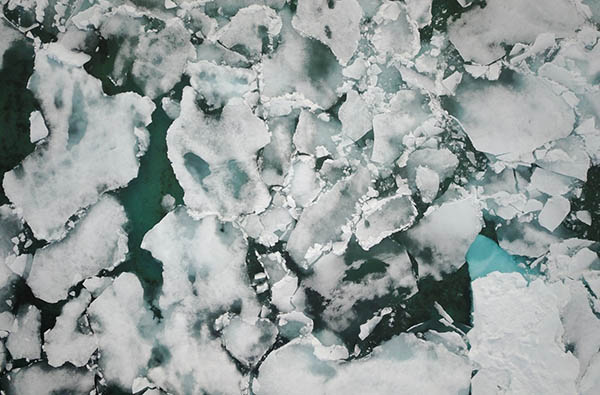
The Stanford Oceans Department and Stanford Woods Institute for the Environment have jointly launched a new grant program to support research designed to help address climate change and advance ocean conservation.
The inaugural Big Ideas for Oceans awards will enable research teams to pursue interdisciplinary ocean and coastal projects that address the impacts of environmental change in the Bay Area and beyond.
“Unlike other funding programs, which can be safe but slow, Big Ideas for Oceans grants support unconstrained creativity and high-risk, potentially high-reward projects that foster interdisciplinary collaborations across the university,” said Fiorenza Micheli, chair of the Oceans Department in the Stanford Doerr School of Sustainability and co-director of the Stanford Center for Ocean Solutions. “Time is of the essence. We have to pursue bold, creative solutions – even though some might fail.”
The annual program, which awarded its first round of seven grants in March 2023, prioritizes projects that focus on climate adaptation and mitigation, and those involving marine mammals, coral reefs, marine protected areas and deep ocean environments in what’s known as the twilight zone.
Awardees will explore how natural processes and marine life – spanning tiny drifting organisms known as plankton to vast coral colonies and migrating whales – help regulate the climate and could play a role in mitigation strategies.
One award recipient is partnering with the San Francisco Estuary Institute to create a system for predicting future harmful algal blooms. Using a machine learning algorithm, they will combine historical data sets from numerical models, field measurements and satellites to assess the likelihood of blooms in different regions of the bay and at desired times.
Another team will assess how adding large amounts of alkaline substances impacts the ocean and whether this approach can be scaled safely to sequester more carbon dioxide.
Follow the Advocate on Twitter @GSA_Advocate
Now that you've reached the end of the article ...
… please consider supporting GSA’s mission to advance responsible seafood practices through education, advocacy and third-party assurances. The Advocate aims to document the evolution of responsible seafood practices and share the expansive knowledge of our vast network of contributors.
By becoming a Global Seafood Alliance member, you’re ensuring that all of the pre-competitive work we do through member benefits, resources and events can continue. Individual membership costs just $50 a year.
Not a GSA member? Join us.
Author
Tagged With
Related Posts
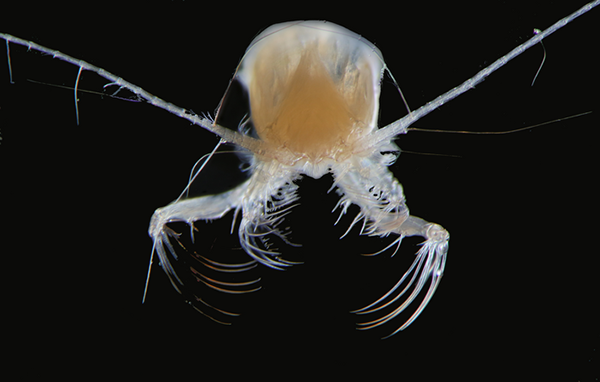
Fisheries
Researchers examine the impact of climate change on zooplankton
Australian team models the impact of climate change on zooplankton, which represents about 40 percent of the world’s marine biomass.
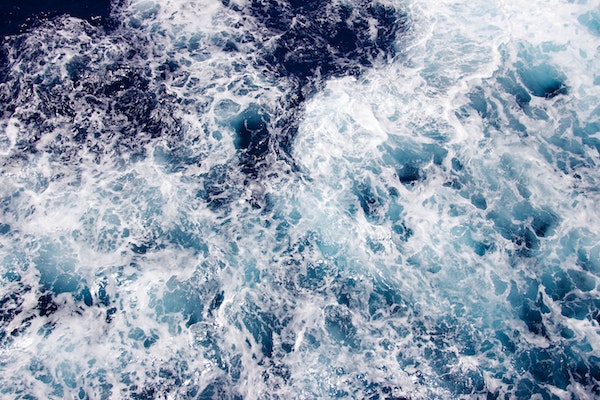
Responsibility
U.S. government releases first-ever Ocean Climate Action Plan
The Ocean Climate Action Plan is the first-ever government-wide strategy to maximize the power of the ocean to combat climate change.
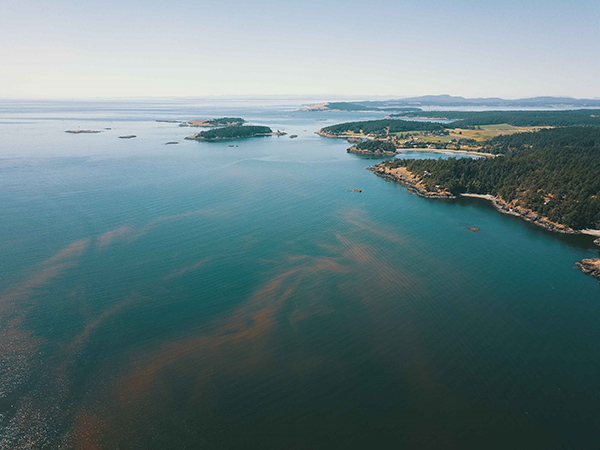
Health & Welfare
Grant to fund training for tackling harmful algal blooms
A new training program is being developed to help UK seafood producers detect and report harmful algal blooms in open coastal waters.
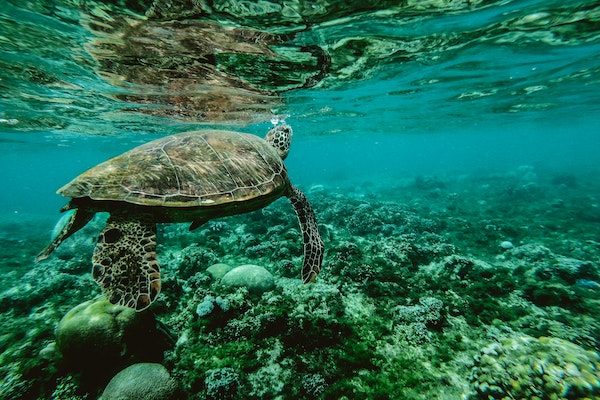
Responsibility
Hottest ocean temperature record set in 2022 for seventh consecutive year
Research says a record-high ocean temperature combined with greater salinity could create inhospitable ocean conditions for marine life.



